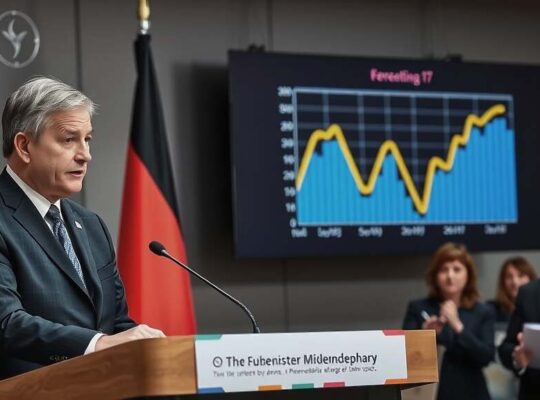The German government is contemplating a significant expansion of its cybersecurity capabilities, potentially enabling retaliatory actions against foreign-based cyberattacks. Interior Minister Alexander Dobrindt, of the CSU, recently announced plans to amend legal frameworks to grant German security agencies broader powers in responding to such threats, a move already generating both support and cautious scrutiny.
CDU security policy spokesperson Roderich Kiesewetter lauded Dobrindt’s proposals as a necessary step towards a more proactive defense posture. He emphasized the need for German agencies to be “dynamically and proactively” confronting the growing threat landscape, particularly in anticipation of potential escalations. However, he stressed that any expansion of powers must be underpinned by “excellent intelligence gathering and commensurate services, adequately equipped and empowered to deliver.
While seemingly supportive, Greens parliamentary group vice-chair Konstantin von Notz expressed reservations, framing the initiative as contingent on Dobrindt’s commitment to a “coherent and constitutionally sound IT security policy”. While the Federal Criminal Office (BKA) currently possess limited authority under existing laws pertaining to threat mitigation, von Notz cautioned that any expansion should address potential legal challenges and ensure adherence to constitutional principles. He implied skepticism regarding the seriousness of past efforts, suggesting a genuine commitment was required before broader powers could be responsibly implemented.
The move is also being welcomed by law enforcement representatives. Heiko Teggatz, chair of the Federal Police union, praised the government’s recognition of the severity of the cybersecurity threat, especially after numerous attacks targeting government institutions. He argued that if dangers originate from foreign servers, Germany must possess the capacity to confront them abroad. Teggatz acknowledged current, albeit potentially inadequate, authority held by the Federal Police, BKA and the Federal Office for Information Security (BSI), advocating for a refinement of existing capabilities rather than a complete overhaul.
The proposed shift reflects a growing consensus within Germany that a purely defensive cybersecurity strategy is insufficient. However, concerns remain regarding the potential for overreach and the importance of safeguarding civil liberties while bolstering national security. The legal and constitutional challenges associated with retaliatory action against foreign cyberattacks are considerable and the proposed changes are likely to spark a heated debate within the German parliament and beyond.












